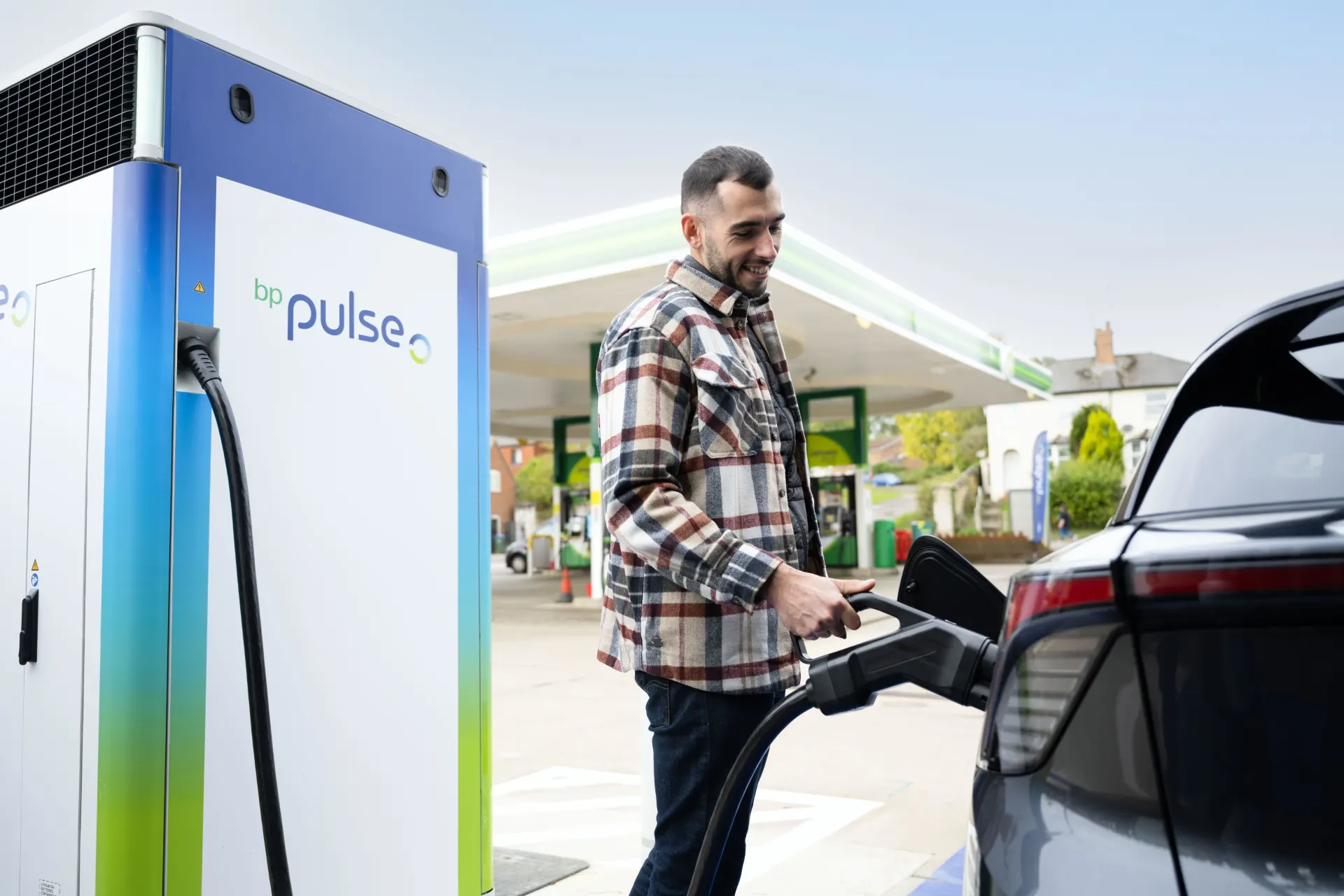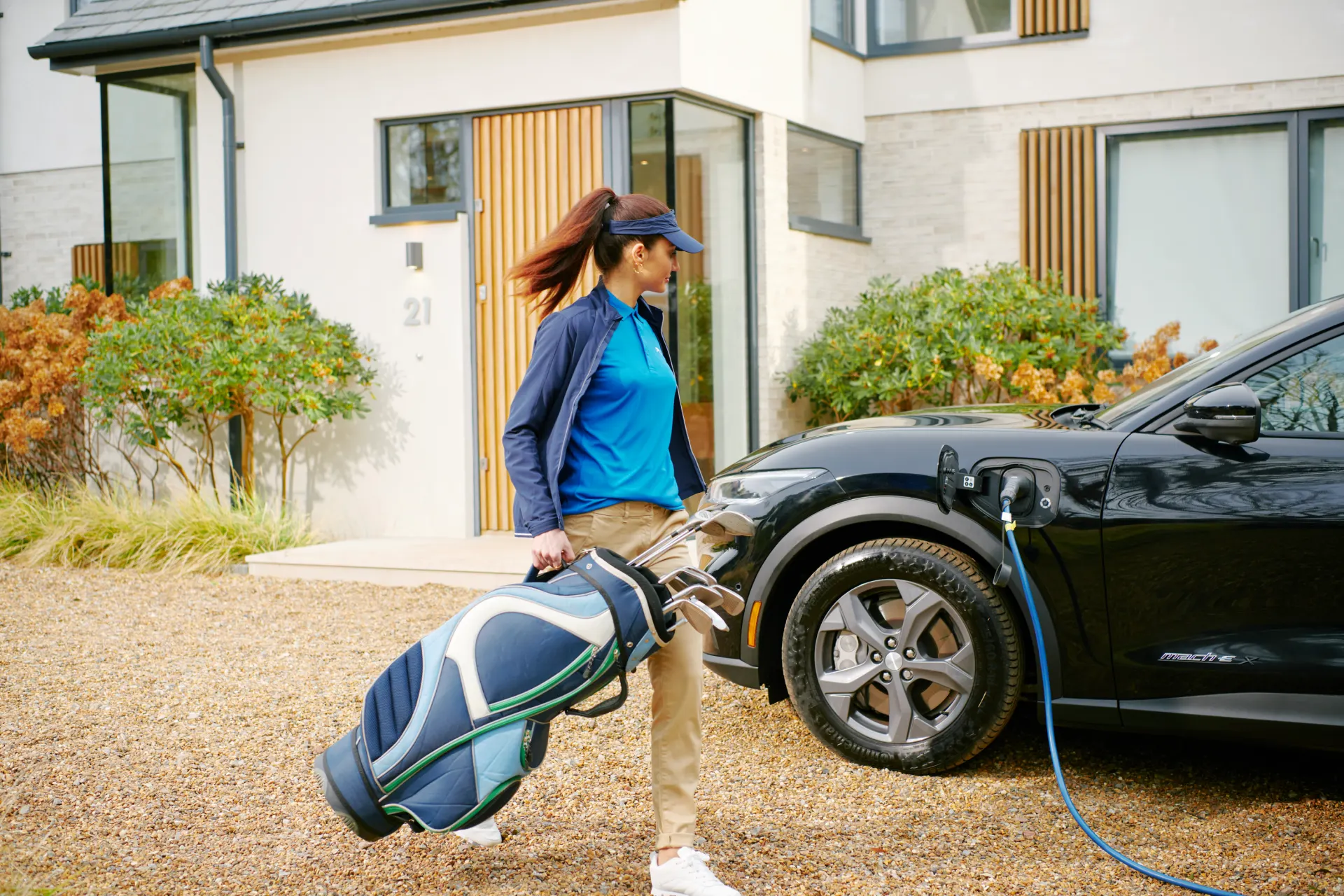From tethered, to untethered, to different lengths – we share a beginner’s guide
Understanding the different types of charging cables available is crucial for EV drivers. Tethered cables offer convenience, while untethered cables provide greater flexibility. Here, we provide some tips to orientate those new to EV, or making the switch.
What are the most common types of electric vehicle charging cables?
There are two core cable types used for EV charging: tethered and untethered. Tethered cables are fixed to the charging point, making them more convenient for everyday use.
Untethered cables, on the other hand, require the driver to carry their own cable and plug it into the charging point. Untethered cables can be transported and used with any compatible charging point.
There are three central aspects to consider when choosing a cable: the plug, the length of cable and the connector (the part that plugs into the car). A Type 2 connector is the European standard but connectors can vary more widely, from vehicle to vehicle.









